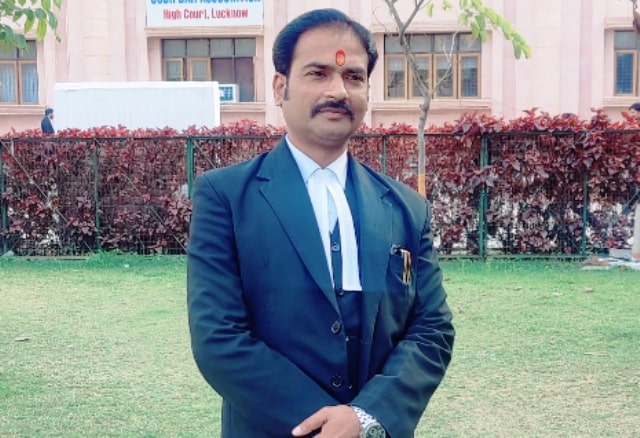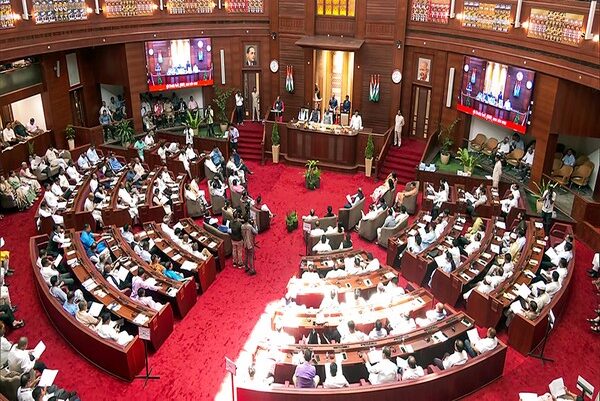Somya Singh, a law graduate from Delhi University who is pursuing Masters from University of Lausanne, Switzerland, shares her views on new criminal laws
India has finally bid adieu to the colonial-era 164-year-old Indian Penal Code (hereinafter referred to as the IPC), originally designed by Thomas Babington Macaulay. The IPC has been replaced by the new legal framework, Bharatiya Nyaya Sanhita (referred to as the BNS). Whether the new laws are a genuine leap to deliver justice or if they would pave the way for potential exploitation by law enforcement forces, is yet to be seen.
The BNS comes with some hits and misses. The colonial-era sedition law enshrined under Article 124-A of the IPC has been removed. Nevertheless, its shadow persists in Article 152 in what can be described as ambiguous itself. For example, phrases such as “subversive activities” and “endangers sovereignty” are vaguely defined. This new law too mirrors the flaws of Article 124-A and runs the risk of being spuriously misused by the state. Hence, in the spirit of safeguarding personal liberty and the right to free speech, the present definition must be reassessed.
Another controversial omission was the removal of the provision of Section 377 of the IPC. In Navtej Singh Johar & Ors. v. Union of India, Ministry of Law and Justice (2018) 1 SCC 971, the Hon’ble Supreme Court decriminalised consensual sexual intercourse amongst homosexual couples. However, Section 377 was retained to protect public morality and to penalise non-consensual acts and unnatural offences. Despite a Parliamentary Committee’s recommendation to maintain these specific provisions, the BNS has done away with the entire Section. This step has not been viewed in good taste because it goes against the welfare of men, transgender individuals and animals.
ALSO READ: ‘New Codes Will Ensure Speedy Justice, Fair Probe’
The BNS incorporates the term transgender under Section 2(10) within the definition of “gender”, a progressive step that was absent in the IPC. Moreover, it adopts a gender-neutral position, such as the offence of voyeurism, described under Section 77 of the BNS. Despite these advancements, offences such as rape are still women-centric. Similarly, Section 96 uses the word “child” instead of “minor girls”, replacing Section 366 of the IPC. This partial inclusivity in the BNS is a missed opportunity for gender neutrality and falls short of creating a more representative and equitable legal framework.
Section 497 of the IPC which criminalised adultery is omitted in the BNS. This step is in alignment with the Hon’ble Supreme Court’s ruling in the landmark Joseph Shine v. Union of India, (2018) 2 SCC 189. However, this omission has not escaped criticism. It has been suggested that the BNS retain Section 497 in a gender-neutral manner to safeguard against the scourge of infidelity and ideas that are fundamentally hostile to marital sanctity. In addition to these amendments, the BNS introduced new provisions related to community service, mob lynching, snatching, organised crime, offences related to sexual relationships by a false promise to marry and terrorist acts.
These additions reflect a conscious effort to adapt to the contemporary issues faced by our country. Overall, the BNS is a significant stride in the progressive direction highlighting the crucial need for a legal framework designed by Indian lawmakers. However, the lawmakers must acknowledge the criticisms and further pursue an exhaustive review of the contentious provisions.
The efficacy of the BNS in delivering justice does not merely hinge on its legislative content but also its implementation. The focus should be on building the infrastructure to navigate legal complexities and ensure a fair, accessible justice system. Laws, by nature, should be dynamic, evolving fluidly to serve social, economic, environmental, technological and international interests. The Indian legal system should advance, but with measured deliberation, as striking the right balance between stability and progress remains fundamental in preserving the rule of law.
(The narrator practises civil and corporate litigation, and has worked in prominent law firms such as S&R Associates and P&A Law Offices)
For more details visit us: https://lokmarg.com/
As told to Deepa Gupta


